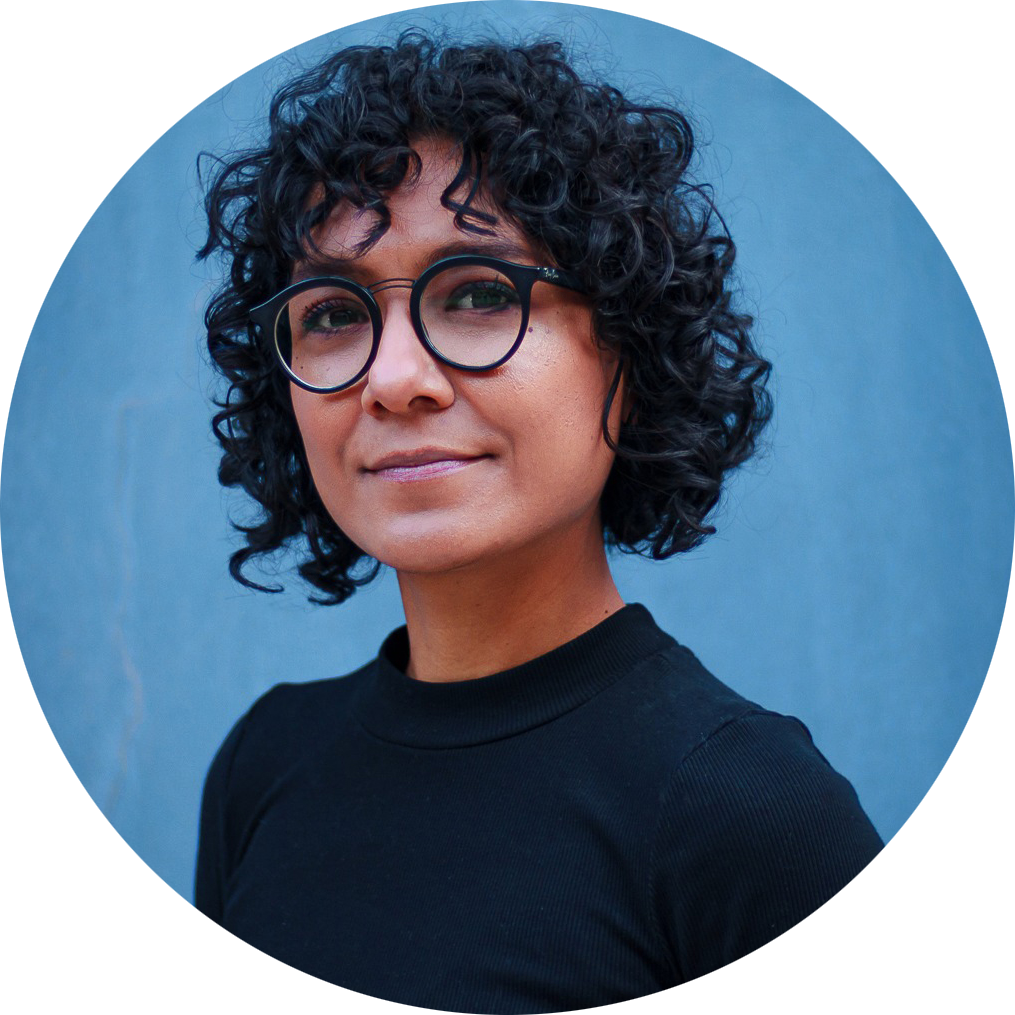Faculty Spotlight: Maricarmen Hernandez
August 25, 2022

Maricarmen Hernandez is Assistant Professor in the Department of Sociology. Her research interests are situated within the fields of environmental and political sociology. Drawing from ethnographic and a variety of qualitative methods, she studies environmental justice and environmental racism issues in Latin America and within immigrant and minority communities in the U.S.
What are your research interests in Latin American studies, and what inspires you about these topics?
My primary research study begins with the recognition that there are racialized and impoverished communities living under informal conditions in Latin American cities who are directly and disproportionately exposed to pollution that has dire consequences on their health and futures. People living in informal settlements do not breathe the same air, drink the same water, or have equal access to clean recreational spaces as those who can afford to live in neighborhoods with basic services and infrastructure. My main research project is an examination of 50 Casas, a majority Afrodescendant, informal neighborhood in Esmeraldas, Ecuador located a few meters away from the largest refinery in the country, I investigate why residents of the neighborhood choose to stay in place and build up their neighborhood and homes instead of organizing to require cleanup or to find a safer place to live.
More broadly, I explore daily life in contaminated communities to better understand and theorize the sociopolitical production of environmental inequalities as reflected in the uneven distribution of environmental harms and privileges. I focus on how daily practices of placemaking and the construction of frames through which people interpret their toxic realities, relate to the reproduction and perpetuation of environmental inequalities, and how these processes often work to obscure the structural mechanisms that trap communities into hazardous living spaces.
Environmental degradation and climate change are defining issues today, and we know that the negative impacts on health and life expectancy are not equally distributed among the global population. I am committed to conducting research that adequately represents the lives, experiences, and struggles of those who are at the forefront of the fight against extractive and polluting industries, and who find themselves most deeply impacted by climate change, environmental degradation, and (un)natural disasters. Working with and learning from Esmeraldeñas and Esmeraldeños has been the most inspiring and gratifying aspect of doing ethnographic research in Ecuador.
Please tell us about a current research project (book, or other). Any surprises?
My main project from this work is a book manuscript tentatively titled In the Shadowland of Oil: Toxicity and Informal Settlements in Esmeraldas, Ecuador. This book project investigates internal community dynamics that generate social cohesion, showing that such dynamics may also work to keep people living at risk instead of aiding in their mobilization against polluting industries. Drawing on 14 months of ethnographic fieldwork, I reconstruct the history of the 50 Casas neighborhood and trace the processes by which some families are funneled into highly contaminated areas, and why, after years of collective struggle, they continue to build and fortify their homes in the area despite their awareness of the danger posed by the neighboring refinery. I argue that neighbors fight for their continued livelihood in this toxic area in part due to the shared understandings that have been created through the everyday experience of living and surviving there. I identify four factors that are crucial to the residents’ construction of frames through which they understand their home and neighborhood; these are a shared history of displacement, harsh conditions endured upon arrival, their communal struggle to acquire services and infrastructure, and the reproduction of the neighborhood through keeping family close and storytelling. This work will contribute to the literature on environmental justice and contaminated communities in the context of the global south, as well as the scholarship on risk perceptions, place-making, and mobilization (or lack thereof) in the face of environmental degradation.
The most surprising part of this project was experiencing and trying to make sense of the complexity of multiple social realities as they play out in everyday life. As social scientists and researchers, we are often removed from the material context in which are studies are embedded. In my experience, spending long periods of time simply living life in a place where everyday problems, ranging from the personal to the structural, are solved in a context of social marginality and material precarity illuminated why what may seem contradictory or counterintuitive from the outside, makes the most sense in the lived experience.
What advice do you have for emerging Latin American researchers?
To be curious, open, and have many more questions than answers. I think it is very important to enter spaces where we are outsiders with an understanding that customs, ideals, and subjectivities will differ, sometimes radically, and it is an everyday practice to question our assumptions about the way things are, should be, and what is considered “right.” A practice that was especially useful in my exploration of different Andean societies was to seek out ways in which I could immerse myself in cultural practices and production, even when not conducting fieldwork. It was important for me to read not only the academic articles and books, but also the local literature, poetry and newspapers, watch the films, and listen to the traditional music. As social scientists, exposure to these cultural practices and production may seem extraneous to our research, but that is not the case at all. If we are to understand social issues, I think it is important to make an effort to understand social reality as comprehensively as possible, and cultural practices are very telling of who a people are. It is also a great way to find exposure to a variety of voices and points of view coming from a single place.
